Opening the Google Maps application to review the scenery of his hometown, Mau Hung was speechless when he saw a photo of his father sitting alone and pensively in front of the house many years ago.
The 30-year-old man from Duc Linh commune, Lam Dong province "caught the trend" with his friends after learning that the Street View feature on Google Maps could show images of his house many years ago. He moved the map around from one end of the village to the other and accidentally came across a photo of his father sitting alone and thinking in the year 2024.
"My father passed away earlier this year after an accident. When I saw that photo, I was speechless and burst into tears when I saw his familiar figure again," Hung said.
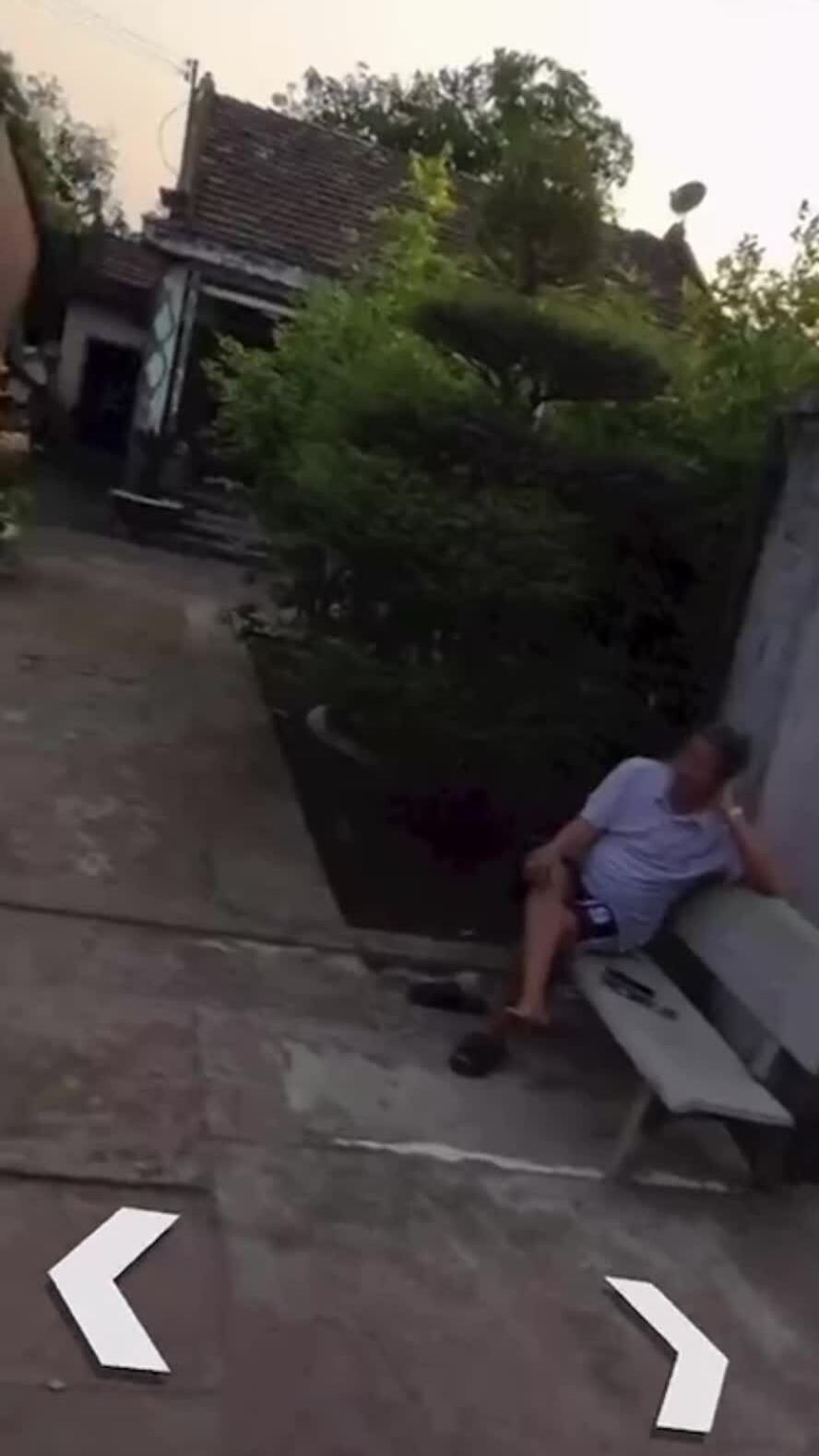
Then, he searched for other timelines captured by Google Street View. Looking back to 2018 and 2019, he continued to see images of his father often sitting alone, under the shade of a tree at the village entrance or on a stone bench in front of the house. At this time, Mau Hung felt regretful because for many years he had been working far away, and his job was so busy that he had not had the opportunity to take his father on trips here and there. "My father said he just wanted to stay home and wait for his children and grandchildren to come home to visit," the 30-year-old man said.
Hung immersed himself in the app for hours, remembering and taking pictures of his father’s old photos, watching the changes in the village roads. He also saw the neighbors sitting and talking together many years ago, all of whom were now gone.
The Lam Dong boy said that after accidentally finding these old memories, he came up with a plan to arrange his work and move back to his hometown because his mother was also alone at home.
"I don't want my mother to always be sad and have to wait for her children to come home to visit like my father," he said.
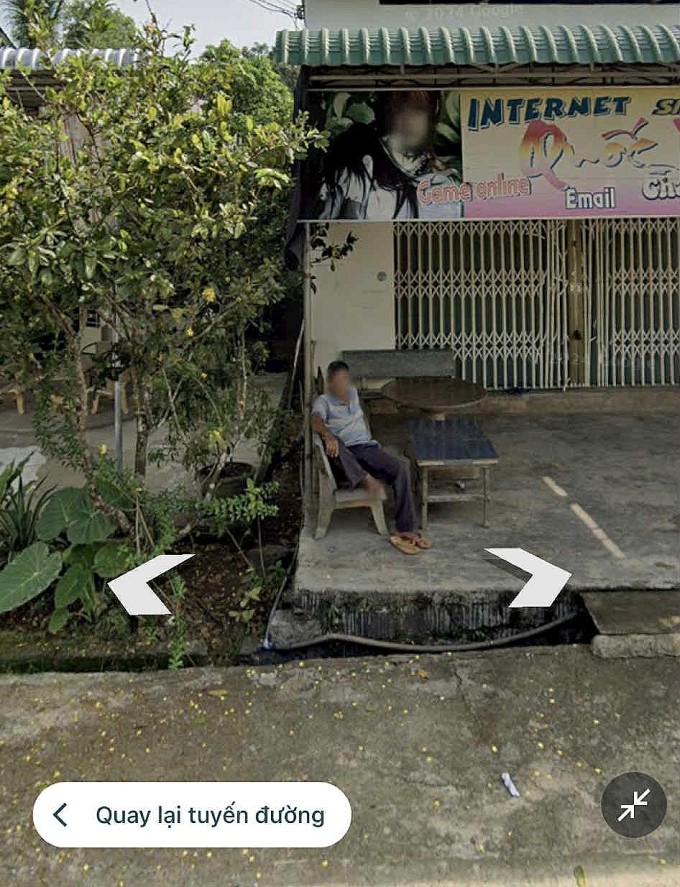
In the past two days, social media platforms in Vietnam have been trending "using Google Maps to return to childhood". The hashtag #trendgooglemaps has more than 40 thousand users. Videos posted to find memories, deceased relatives, and old scenes in familiar places have attracted tens of millions of views.
Street View is a feature of the Google Maps application that allows users to view 360-degree images of many locations around the world. Users enter a specific address on the application, and a thumbnail of any location with Street View will appear (left corner of the phone screen or right corner of the computer screen). Users click on the photo to switch to the actual photo viewing mode. If you want to see other angles, just swipe to rotate or click on the arrows on the map to move. To see older photos, click the "Other Days" option below the photo.
These images were taken by Google Street View Cars equipped with 360-degree cameras. The images may be updated months or years ago, depending on the area. However, Street View images are not available everywhere, especially in remote areas or places that are not yet supported by Google.
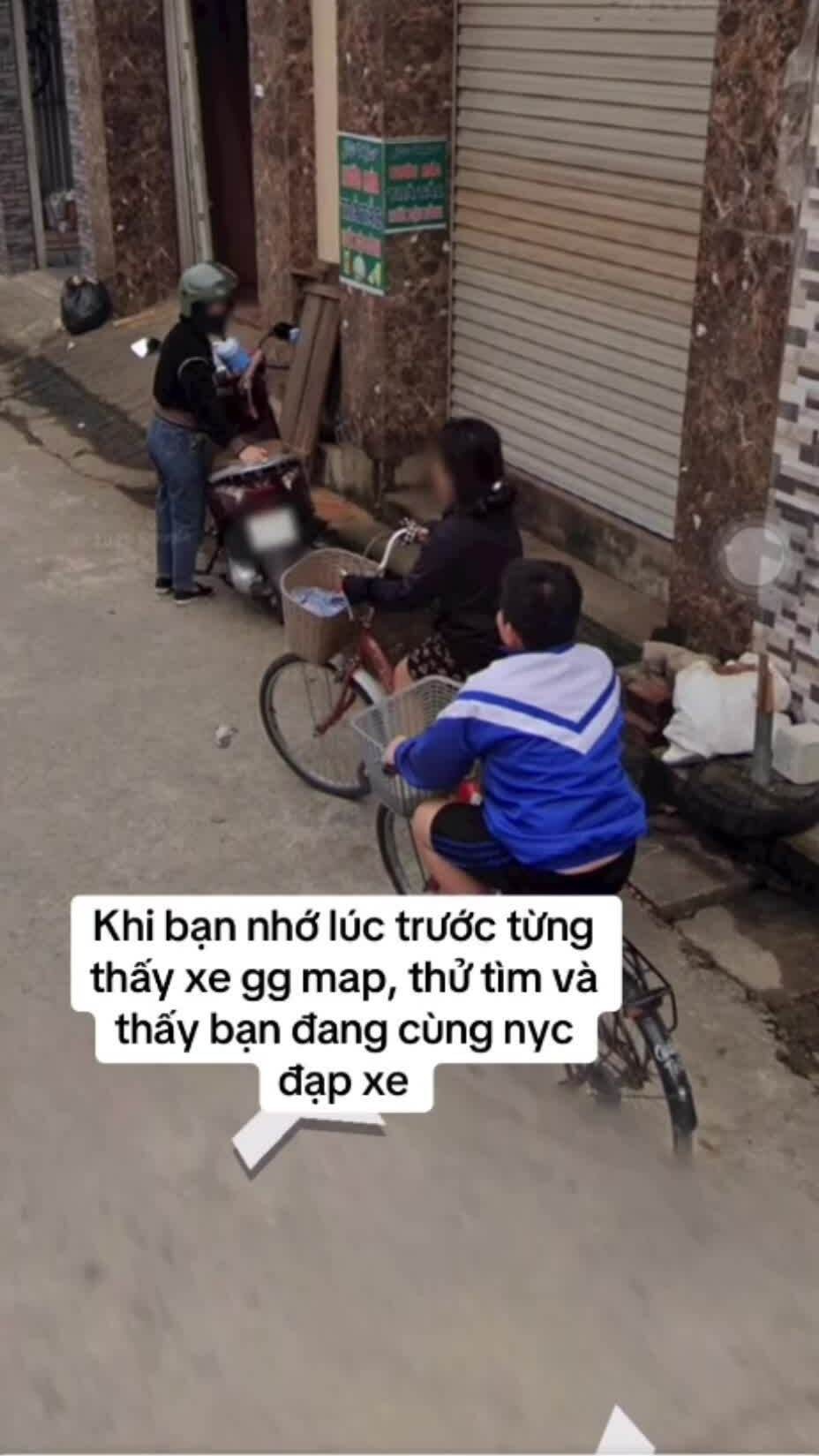
Trying the app, Tran Huy Hieu, from Ha Tinh, also saw his parents and elders drying rice along the village road three years ago. The 19-year-old boy said that for more than a year now, because of old age, his parents have not been farming. The images on Google Maps reminded him of his childhood memories of running with his family to collect rice every time it rained, then herding buffalo and cows.
"Since I went to Hanoi to study at university, I only come home once or twice a year. These images make me miss my parents and appreciate my current life," Hieu said.
The sophomore also accidentally saw the moment he and his first love cycled around the neighborhood in 2018, when he was 12. "It's wonderful to be able to find these innocent memories," Hieu said.
Psychologist Dr. Tran Thanh Nam said that the Street View feature first appeared in 2007 in the US and was available in Vietnam around 2014. In the current technological era, the Street View feature has unintentionally become a "time machine", helping users to visually return to old spaces, as if helping them walk on familiar roads or stand in front of their grandparents' old house. This feature increases personal connection, evokes a sense of "belonging" and brings safety in the current turbulent and volatile times.
Mr. Nam explained that in psychology, there is a concept of nostalgia , an instinctive need of people to find beautiful memories - places that were once home, used to be relatives, used to be youth. Sharing these videos online has aroused sympathy and attracted many people to try the experience.
However, experts also warn users when "following the trend" to avoid sharing that can accidentally reveal addresses, personal information such as house numbers, vehicles, and even human identification. This information can be exploited and used for bad purposes, exploited for fraud, impersonation or harassment.
"This is an interesting psychological phenomenon, demonstrating the need to connect with the past and loved ones, helping people feel healed. However, each person should use this tool in moderation, selectively, and safely, to retain the good without hurting themselves or accidentally harming others," said Mr. Nam.
Source: https://baolaocai.vn/nguoi-viet-san-ky-niem-xua-tren-google-maps-post647849.html





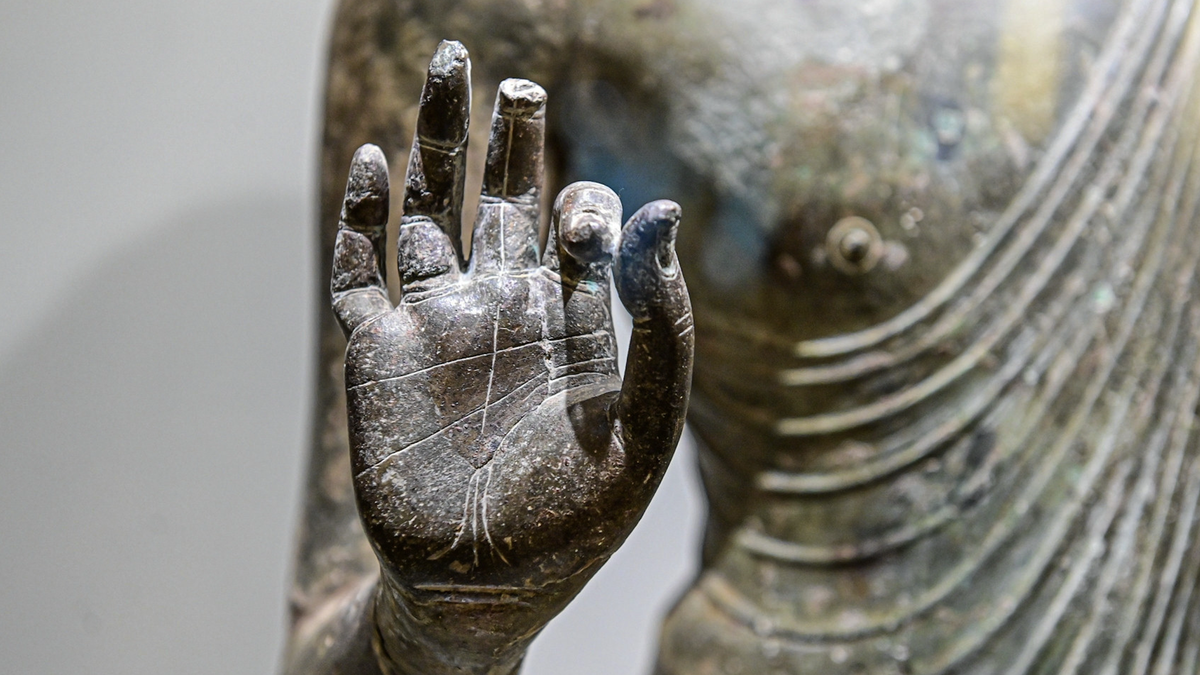


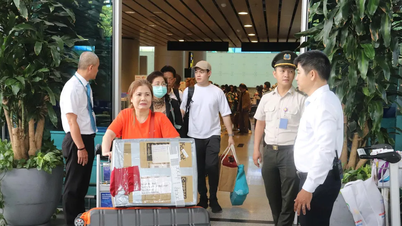

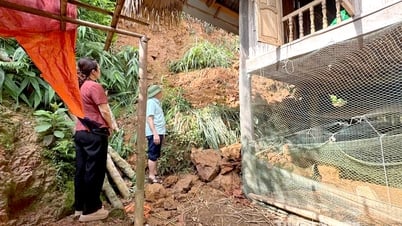










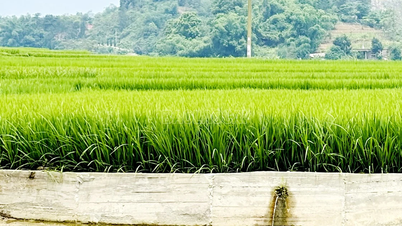
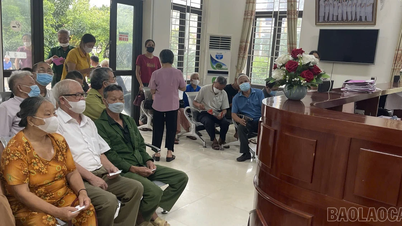











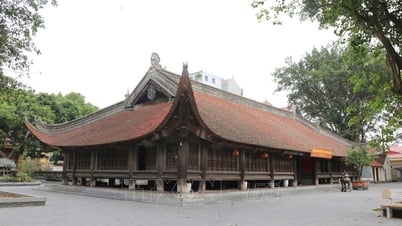





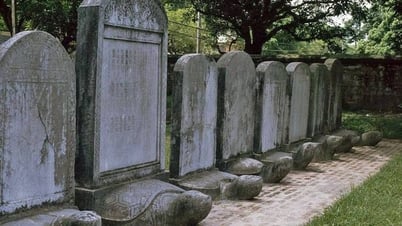

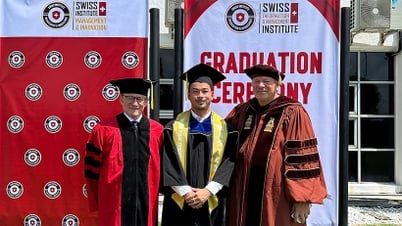



























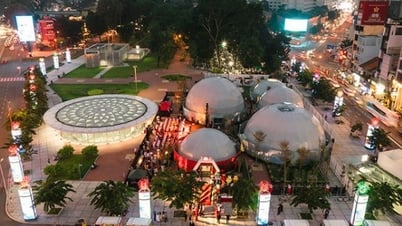










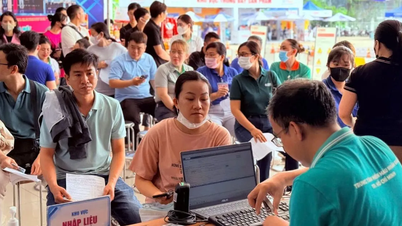




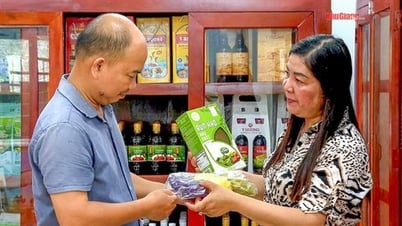










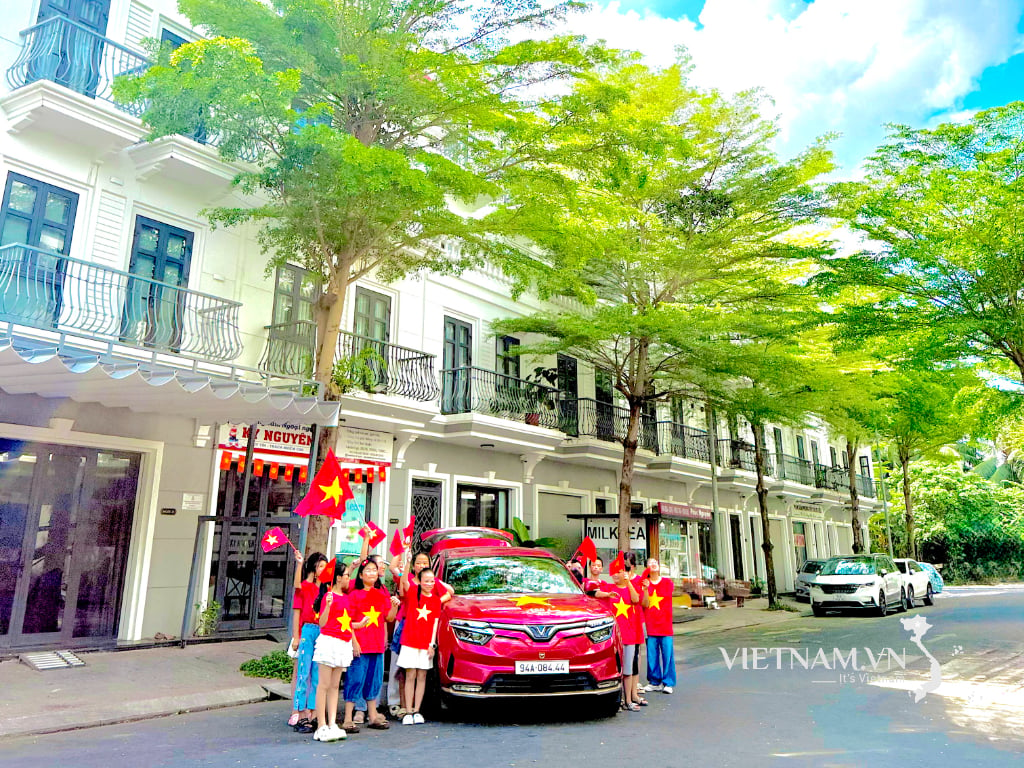

Comment (0)